10 Accurate 2020 Predictions That Were Shockingly Spot-On
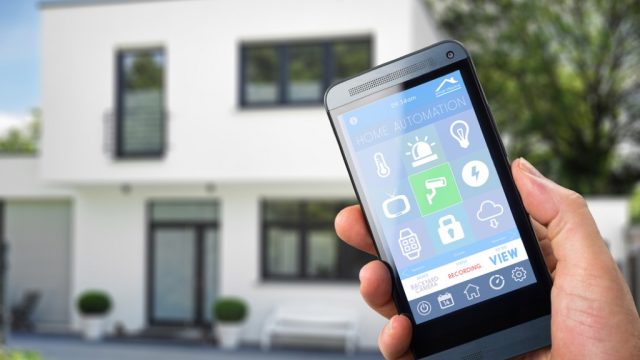
It wasn’t too long ago that people were picturing 2020 as a high-tech futuristic landscape completely foreign to the world we lived in in the 20th century. And while we may not have robots and flying cars in our day-to-day lives just yet, with artificial intelligence and the ever-evolving internet, futurists weren’t all that far off with their predictions for what life would look like in 2020. Whether it was ride-share technology (hello, Uber!) or watching our homes from afar (thank you, Nest!), these 10 predictions about where we’d be by 2020 were right on the mark!
1
We’d all be wearing personal computers.
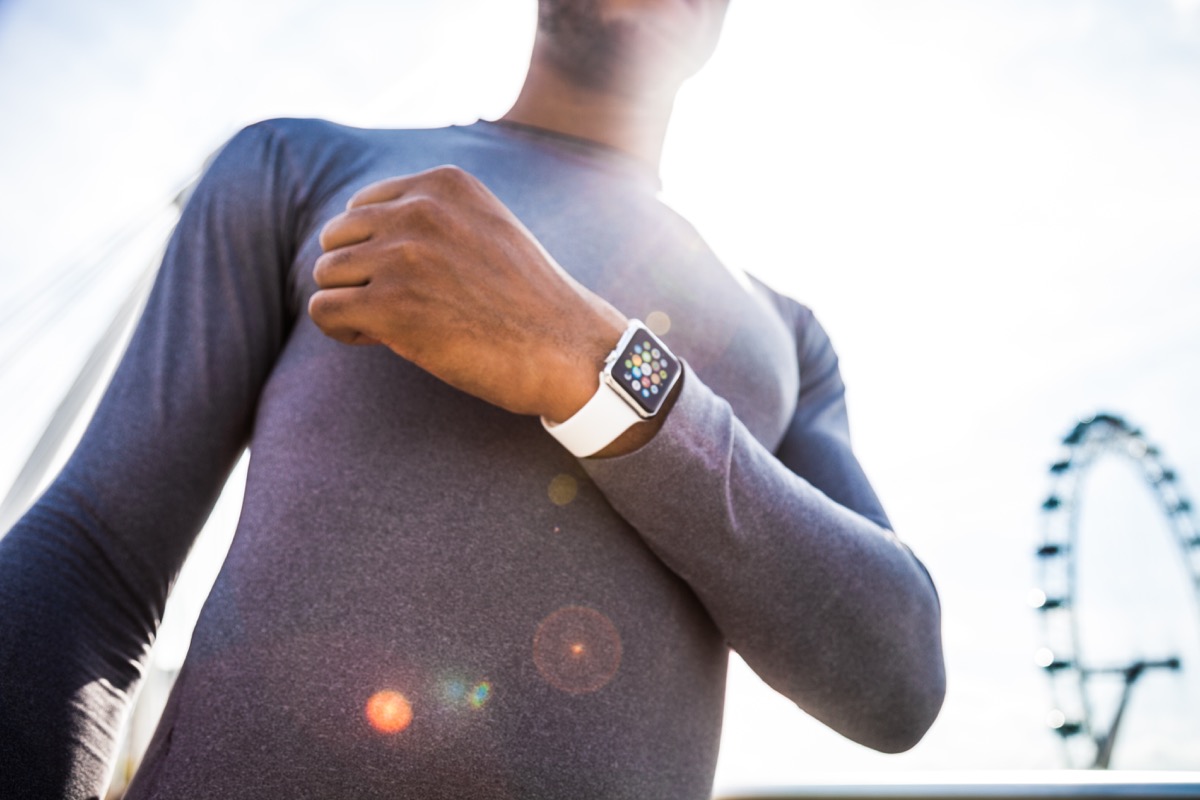
The Apple Watch has only been around since 2015, but in 1998, theoretical physicist Michio Kaku was already predicting a future of easily portable computers.
In his 1998 book Visions: How Science Will Revolutionize the 21st Century, Kaku predicted that we would all be “wearing computers” by 2020, and while you may not realize it, he’s not wrong. The NPD group released data from 2019 that shows that nearly one in six American adults own smartwatches, which is just one type of wearable computer. Not to mention we also have devices like Google Glass, a computer in the form of eyeglasses, even though it has yet to take off like the watch has.
2
We’d be served highly personalized advertising on our phones.

If you’re convinced your phone is listening to your conversations to serve you advertisements based on what it hears, you’re not alone. And while that may or may not be true, advertising has certainly gotten smarter in recent years, which is something Bill Gates saw coming in his 1999 book Business @ the Speed of Thought. “Devices will have smart advertising,” Gates wrote. “They will know your purchasing trends, and will display advertisements that are tailored toward your preferences.”
And it’s true. As Sandy Parakilas, a former Facebook operations manager told CBS News in 2018, companies know so much about users through their data now that it “enables them to make guesses about what to advertise to you that can be uncannily accurate.”
3
We’d have devices to keep tabs on our homes from afar.
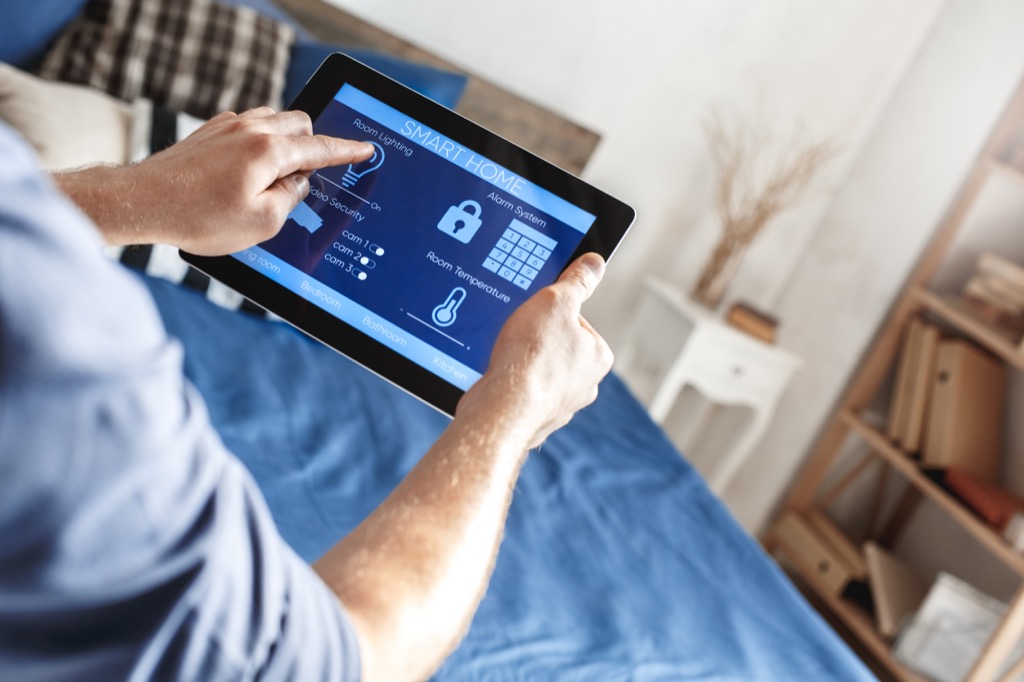
Another one of Gates’ forecasts in his 1999 book seemed especially outrageous, even as we approached a new millennium: “Constant video feeds of your house will become common, which inform you when somebody visits while you are not home,” he wrote.
It may have once seemed like science fiction, but now devices like Nest, Netgear, and Amazon’s Ring allow you to not just monitor your home from afar, but also change the temperature, check smoke detectors, and even answer the door via video chat.
4
It’d become normal to rent other people’s homes and ride in their cars.

Today, you don’t have to worry about renting a car or even booking a hotel room when you travel. Thanks to services like Uber and Airbnb, we simply click a few buttons on our smartphones to gain access to the automobiles and living spaces of strangers when we need them. In a 2010 article for Wired—before either of those aforementioned services really took off—journalist Clive Thompson predicted the normalization of peer-to-peer sharing. “[We’re] seeing a new relationship to property—where access trumps ownership,” he wrote, citing some early adopters. “We’re using bits to help us share atoms.”
5
We’d depend on GPS technology in our daily lives.

In a 2000 article for Discover, journalist Eric Haseltine predicted a world in which highly sophisticated navigation tools would be accessible to all. He stated that getting lost would require “real creativity in an era where an embedded GPS receiver will enable personal electronic devices such as cell phones, personal digital assistants, and wristwatches to know where they are to within a few yards.” And he was right.
Long gone is the world of printing directions from MapQuest, let alone asking a stranger which way to the turnpike or desperately trying to properly fold a roadmap.
6
We would use wireless headphones shaped like “little seashells.”
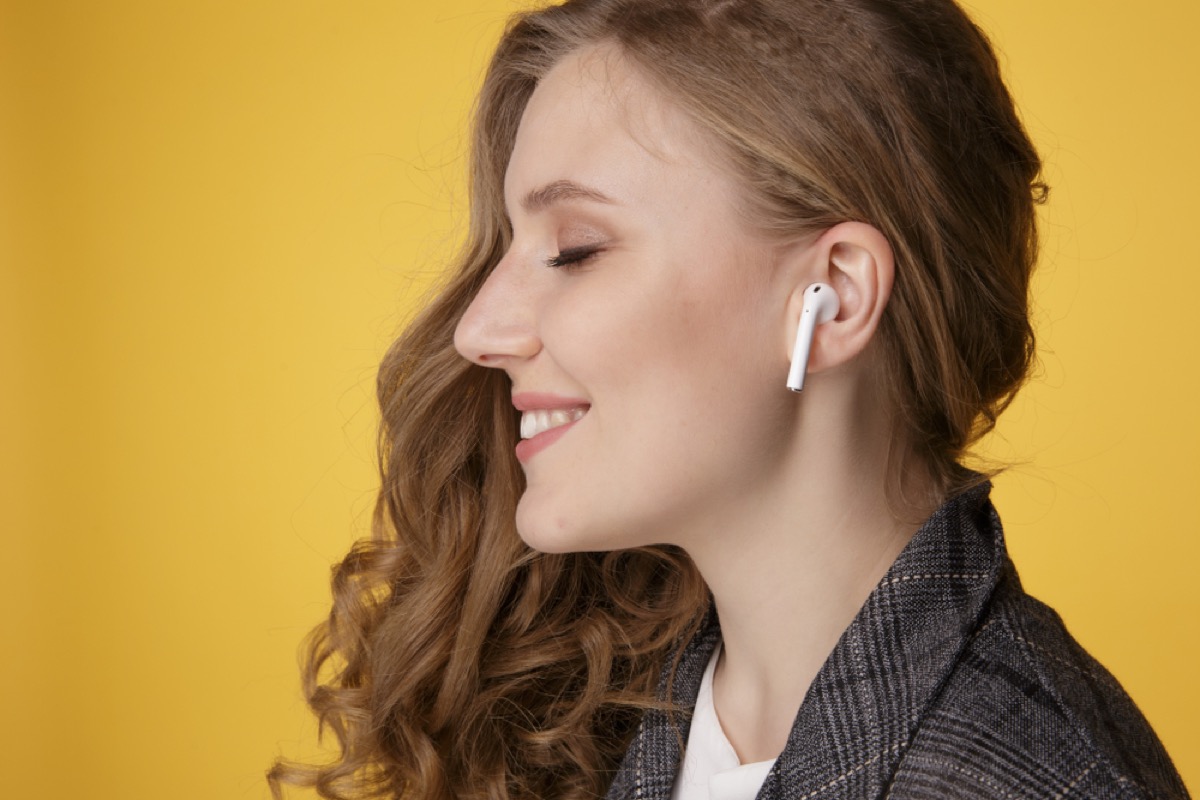
There’s not much in Ray Bradbury’s 1953 dystopian novel Fahrenheit 541 that we wanted to come true someday, but there’s one detail that we’re glad became a reality. The characters of Bradbury’s book are obsessed with entertainment and feel the need to be constantly distracted by mass media. Many of them do so with “little seashells” filling their ears with “an electronic ocean of sound, of music and talk.” Of course, these sound just like today’s wireless earbuds.
Haseltine also saw the switch to wireless headphones well before that change happened, too. “Wires on headphones, even for the cheapest portable stereo devices, will be gone because low-cost radio links will replace them,” he wrote in the same 2000 Discover article. “It will also be hard to find anyone who holds a cell phone to his ear because it will be much more convenient to put the guts of the phone on a wrist or waist and have it wirelessly link to a small earpiece and microphone.”
7
We’d all become members of tons of virtual online communities.
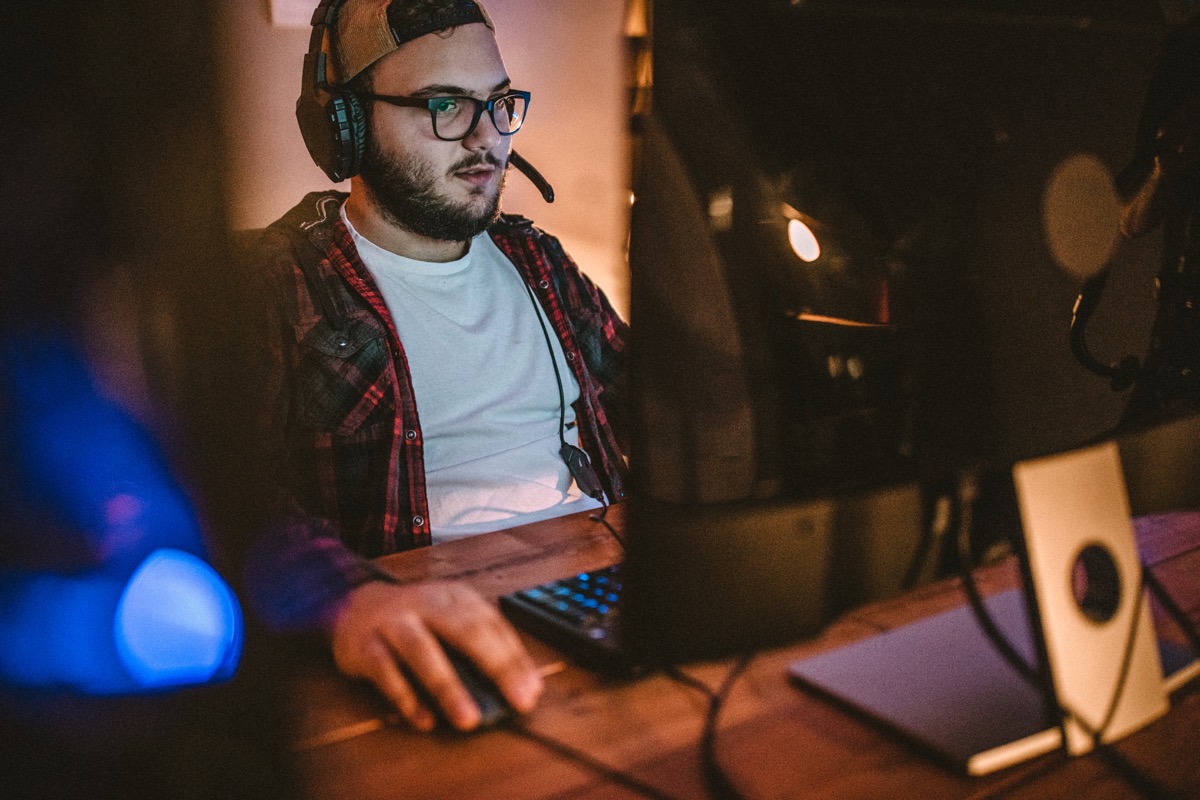
A decade before Facebook was invented, futurist Joseph F. Coates envisioned the world of social media in a 1994 article called “The Highly Probable Future: 83 Assumptions about the Year 2025.” He wrote that because of computer advancements, the world would see the development of “countless virtual communities based on electronic linkages.” And with online fandoms—where people across the world connect over their shared passions and interests—being so prevalent today, Coates didn’t even have to wait until 2025 to see his prediction become a reality.
8
We’d buy more everyday items online than in-store.
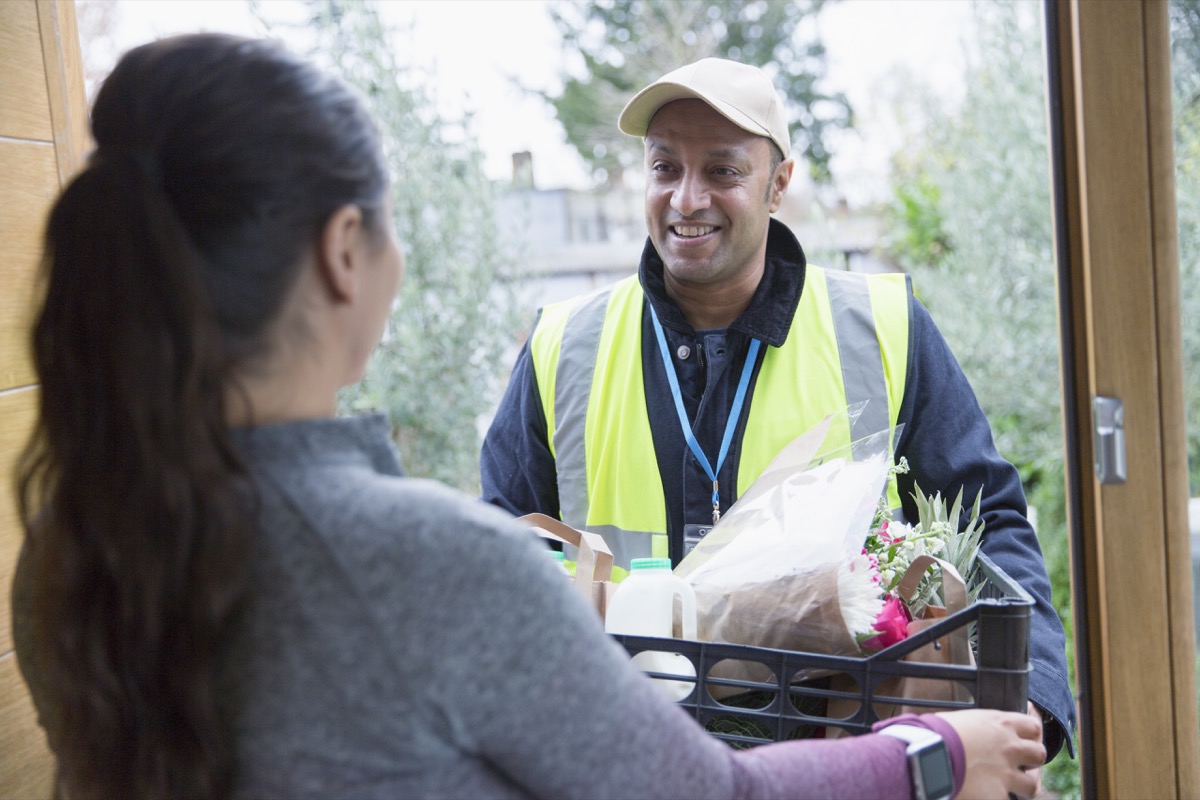
In a 1999 interview with Wired, Amazon founder Jeff Bezos gave insight into what he thought 2020 would look like, saying, “The vast bulk of store-bought goods—food staples, paper products, cleaning supplies, and the like—you will order electronically.” And even though he had a hand in making this prediction come true with the creation of Amazon’s Prime Pantry, he couldn’t have known just how popular it would be. According to a 2018 survey from Periscope by McKinsey, 70 percent of consumers shop online for everyday consumer packaged goods.
9
The 2020 Olympics would take place in Tokyo.
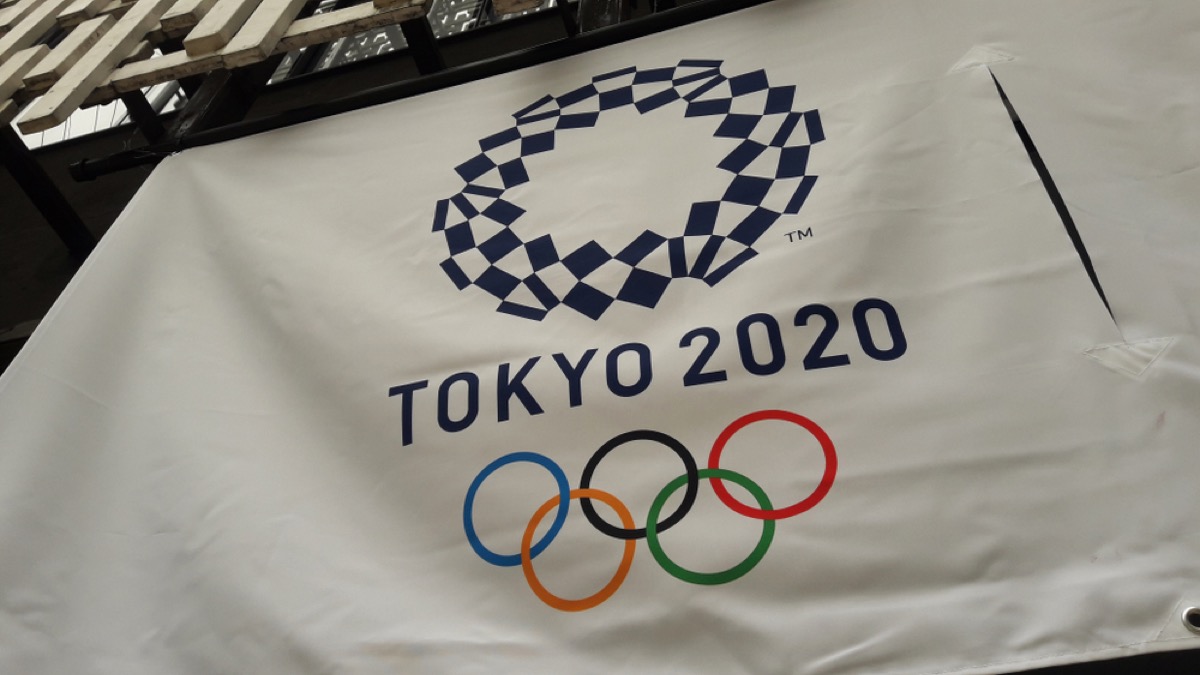
Sometimes, it’s movie-makers, not scientists or tech moguls, who accurately predict the future. Case in point: The acclaimed 1988 anime Akira, which is set in 2019 in Tokyo following World War III. Though that latter part is inaccurate, of course, in the movie, Akira is being cryogenically frozen beneath a construction site for a stadium built for the following year’s Olympic Games. And where are the 2020 Summer Olympics in reality? Yep, right there in Tokyo!
10
There’d be more mobile devices than people on the planet.
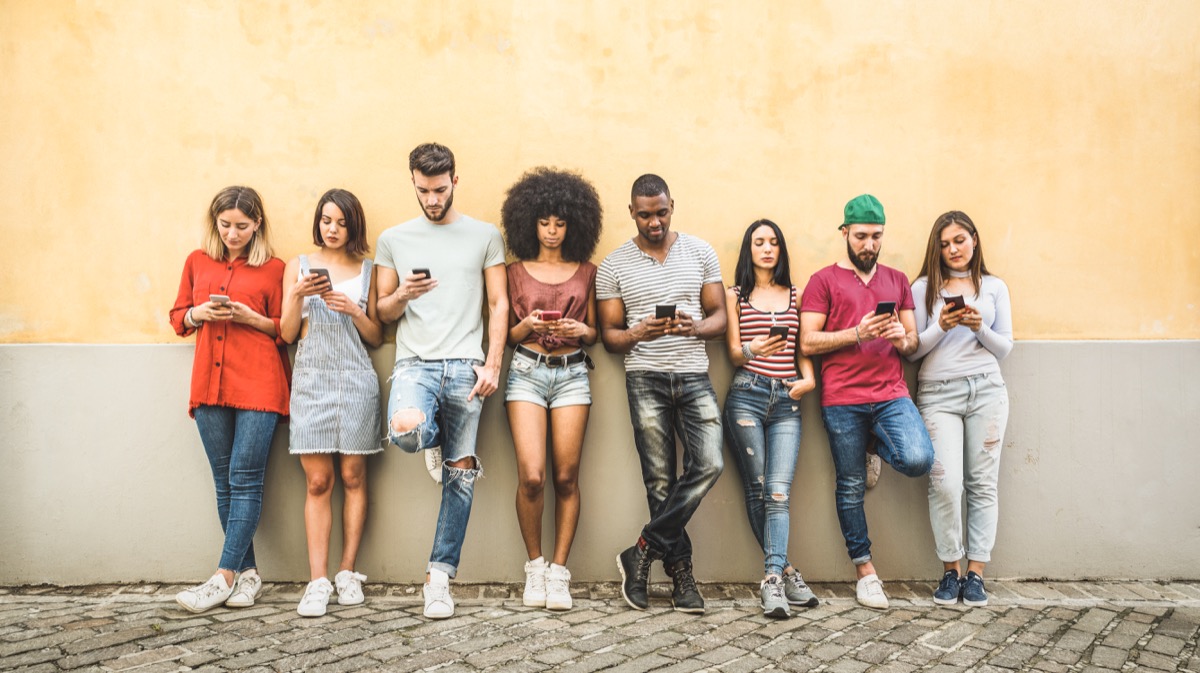
Shortly after the first iPhone was released—and years before we had tablets, smartwatches, and other handheld mobile devices—Cisco’s former chief futurist Dave Evans jotted down his “Top 25 Technology Predictions” in 2009. Amid the predicted facts and figures about storage bytes and network speeds, Evans noted that “by 2020, there will be more devices than people.” According to 2019 data from the UN’s International Telecommunications Union and the World Bank, the number of active cellphone subscriptions is now higher than the number of actual people on this planet. Specifically, in 2018, Bank My Cell found that there are 8.7 billion mobile connections on the planet, against a population of 7.6 billion people. Looks like Evans’ prediction came true a bit early!